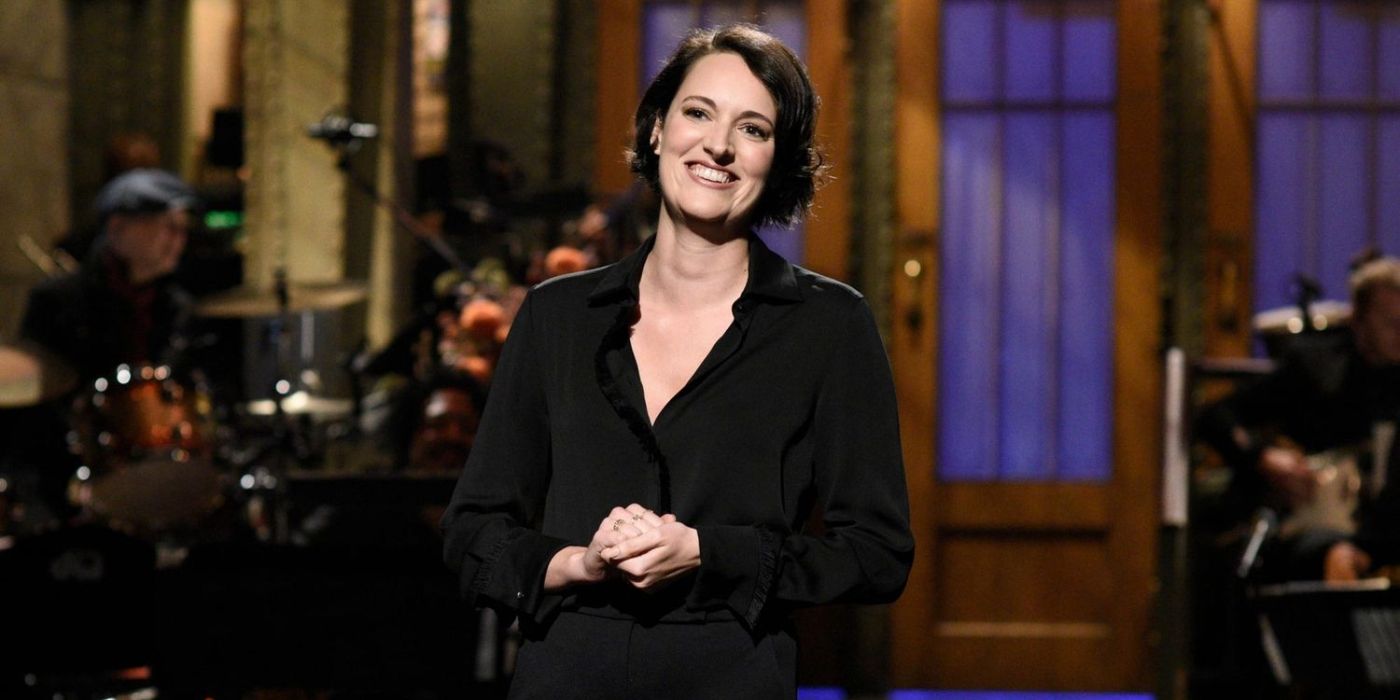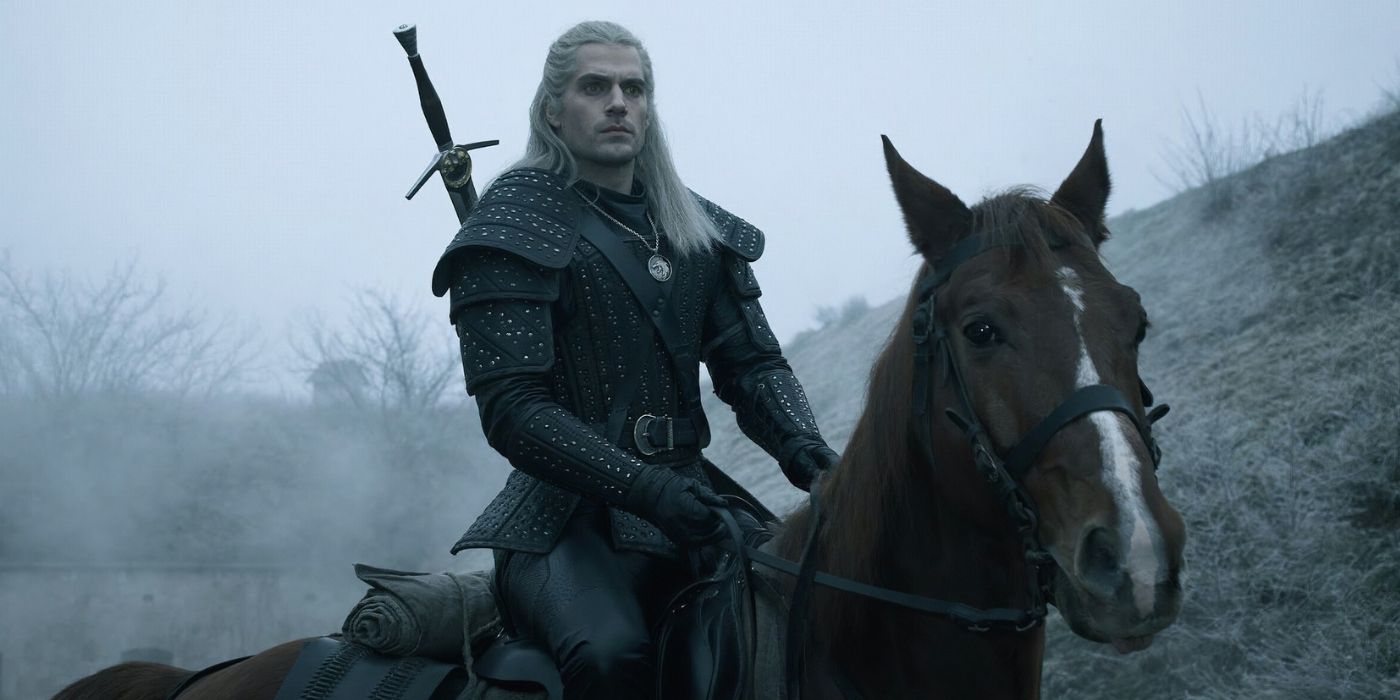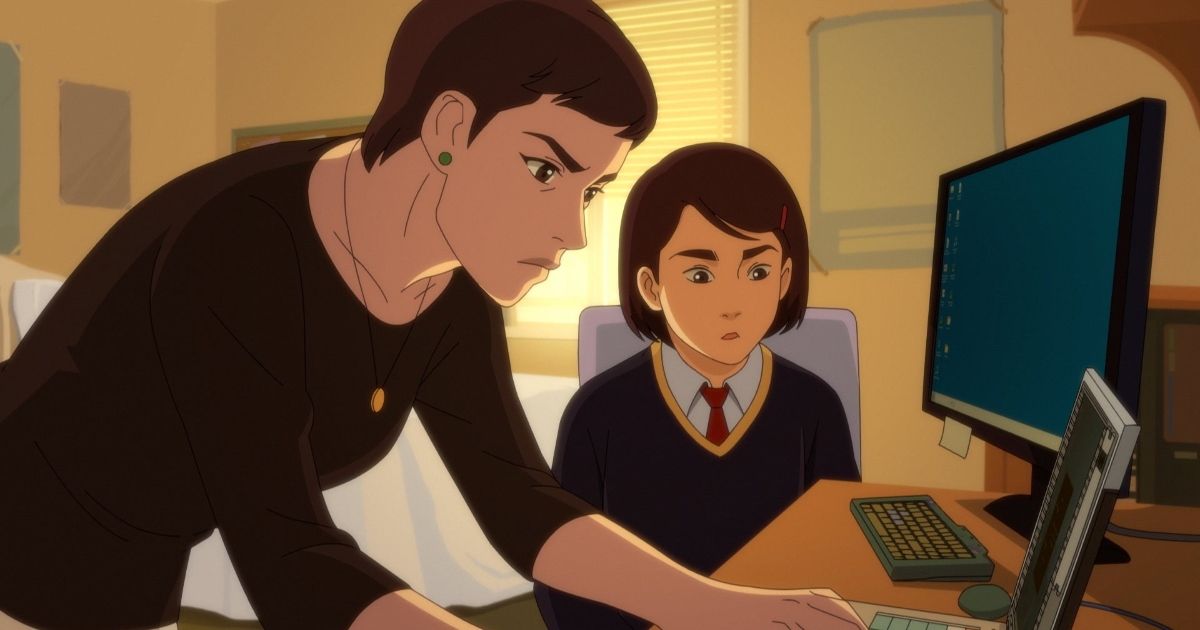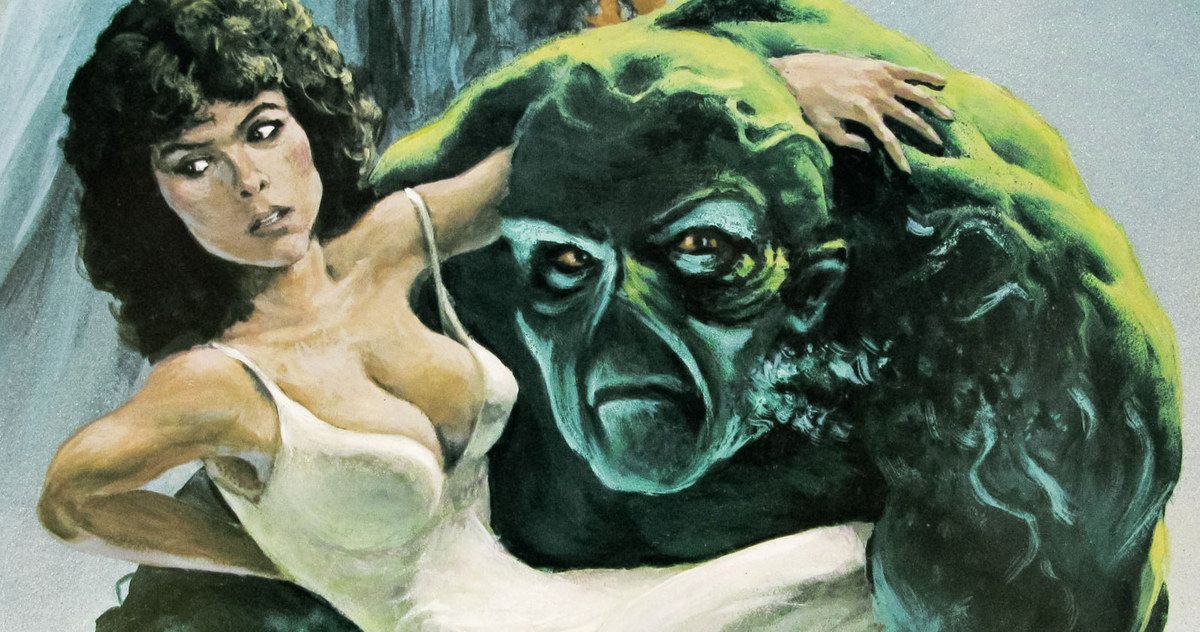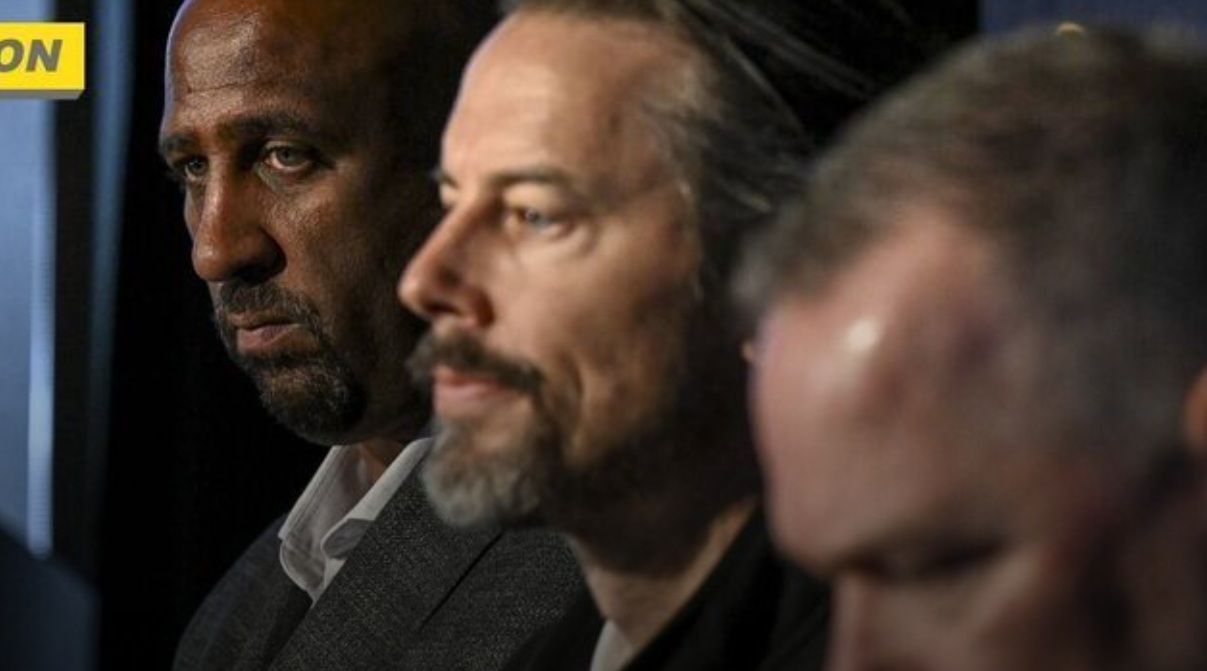Created and written by Craig Silverstein, Pantheon effectively marks AMC Studios’ first foray into original animated programming, and, based on the four episodes available for review, it’s a show with major appeal and relevance. Part of AMC+’s September 2022 catalog and boasting a star-studded cast, the series is based on Ken Liu’s short stories in The Apocalypse Triptych. Pantheon begins with Maddie Kim (Katie Chang), a regular American teenager who is a victim of cyber-bullying. Disconnected from her colleagues at school and even her mother Ellen (Rosemarie DeWitt) at home, we shortly learn that Maddie is the new kid on the block; after the death of Maddie’s father and Ellen’s husband, David (Daniel Dae Kim), the two relocated for a fresh start.
MOVIEWEB VIDEO OF THE DAY
Things get even more unstable when Maddie begins to receive anonymous messages — all solely in emojis — from someone claiming to be her father (as seen in this clip on Cartoon Brew). Like many digitally-savvy individuals, Maddie seeks answers in online forums, and it’s in a Reddit-like space that she meets Caspian (voiced by Paul Dano), who connects her to someone he knows who has experienced the exact situation Maddie is in. From there, Pantheon splits into three main storylines: Maddie’s newfound digital relationships with her father (and the complications it poses for Ellen who has forced herself to move on); Caspian’s unbeknownst connection to Logorhythms (the corporation responsible for David’s consciousness being uploaded to the cloud); and Chanda’s (Raza Jaffrey) descent from Logorhythms pioneer-prospect to lab mouse.
In just four impressive episodes, Pantheon imagines a world in which everything that makes us human — our processes of thought, our feelings, even our memories — can be turned into, what Logorhythms calls, “uploaded intelligence” (or “U.I.”). A spin on the notion of artificial intelligence, and taking a step further than films about androids, the AMC series introduces the notion of navigating and treating the brain as the world’s first and most advanced computer, capable of being quantified and collated like any other human-made operating system. In doing so, what unravels throughout the series (so far) are questions of a post-body existence, a re-examination of what actually makes us human, the ethics of such technology, and, of course, the consequences of humans ultimately playing gods.
Related: Kevin Can F**k Himself Season 2 Review: Annie Murphy is a Powerhouse in the AMC Series’ Final Season
Pantheon Excels With a Deeply Human Story
Pantheon’s trailer, as seen above, promises an action-packed thriller of a series, and shows why animation is indeed the perfect medium for a show that imagines extra-human possibilities of living, thinking, and being. Of course, the foundation of Pantheon’s visual triumph is its deeply human story (and, by extension, its commitment to its characters’ most intimate experiences). This is where the cast comes in. As Maddie, Chang brings the perfect blend of teen angst and naivety, and, more importantly, becomes the voice of pure wonder, so when her father returns as a U.I., her concern isn’t whether he’s less real, but rather how she can make sure she doesn’t lose him again. Conversely, Ellen is less convinced of David’s return, and DeWitt delivers so exquisitely that tension in her voice.
Speaking of David, there’s a softness laced with a degree of strength to Dae Kim’s voice, presenting a father who’s simultaneously trying to figure out his newfound digital existence but is determined to enjoy his second chance at a life with his daughter and wife. As Caspian, Dano barely raises his voice above a sort of murmur that effectively speaks to his character’s isolated existence. He’s a certifiable genius, but he has no friends at school, his father is away on business for most of the week, and, when he actually is home, physically and verbally abuses his mother. In a way, Caspian is almost like the opposite of Dano’s other notable this year, The Riddler in The Batman, in that, though he feels alone and distrustful of the systems that have governed his life, Caspian seeks connection (whereas Edward sought disruption).
As with most sci-fi-themed movies and TV shows, it would have been easy for Pantheon to tell a story about the dangers of technological and digital advancement. This isn’t to say the series doesn’t raise those questions — Chanda’s storyline takes us into the world of exploitative mega-corporations — but what Pantheon does exceptionally well is giving a more complete picture. In many ways, with the rise of virtual technology, algorithms that can seemingly predict our consuming habits, and digital vernacular like “online presence,” we are, as an increasingly digitally connected world, already in a precursory stage of uploaded intelligence. What grounds us, moves us, inspires us, above all, is the present lives we have with those we love. Pantheon, through its dark narrative corridors, reminds us of that.
Pantheon premieres on September 1 on AMC+.
You can view the original article HERE.

